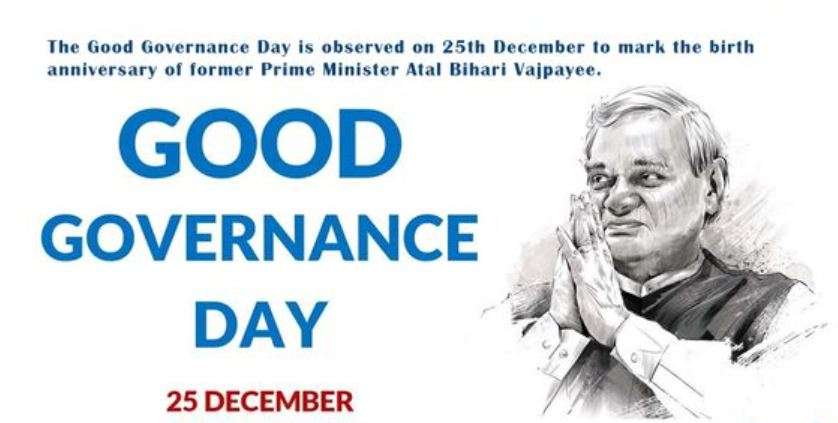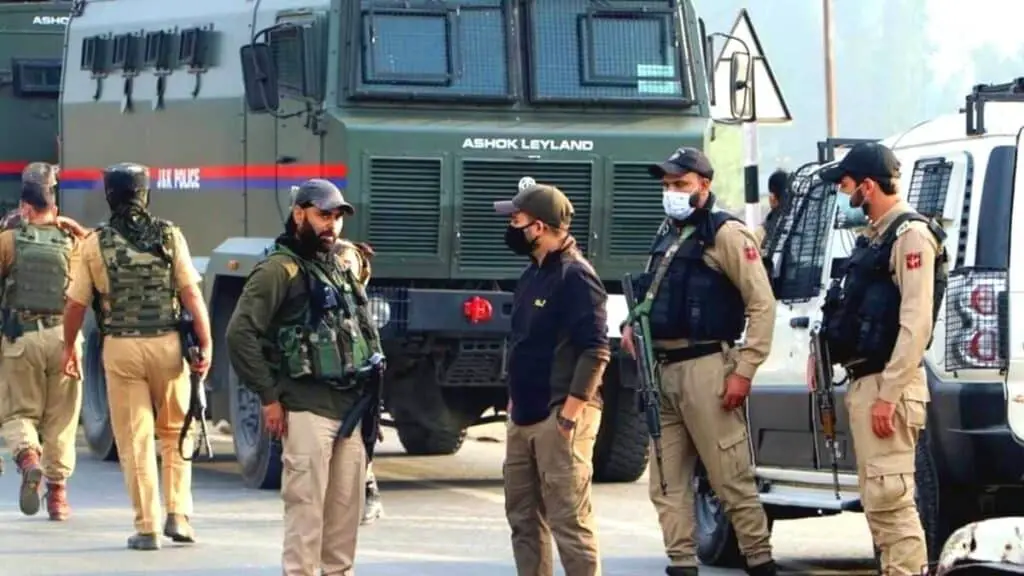On December 25th, 1924, Atal Bihari Vajpayee was born in Gwalior, Madhya Pradesh, India. He was a prominent Indian politician, statesman, and poet who served as the 10th Prime Minister of India from 1998 to 2004. Vajpayee’s remarkable contributions to Indian politics and his enduring legacy as a visionary leader continue to inspire generations.
Early Life and Education:
Atal Bihari Vajpayee was born to Krishna Devi and Krishna Bihari Vajpayee. He completed his primary education in Gwalior before moving to Kanpur for higher studies. Vajpayee earned a Bachelor of Arts degree in Political Science from Victoria College, Gwalior, and later pursued a law degree from DAV College, Kanpur.
Political Career:
Vajpayee’s political journey began in his early twenties when he joined the Rashtriya Swayamsevak Sangh (RSS), a Hindu nationalist volunteer organization. He actively participated in various political movements, including the Quit India Movement in 1942, against British rule.
In 1951, Vajpayee was elected to the lower house of the Indian Parliament, Lok Sabha, from Balrampur, Uttar Pradesh. He quickly rose through the ranks and held several ministerial positions in the governments led by Jawaharlal Nehru, Lal Bahadur Shastri, and Indira Gandhi.
Vajpayee’s tenure as India’s Foreign Minister from 1977 to 1979 was marked by significant diplomatic achievements. He played a pivotal role in improving India’s relations with neighboring countries and promoting regional cooperation.
Rise to Prime Ministership:
In 1980, Vajpayee formed the Bharatiya Janata Party (BJP), a political party rooted in Hindu nationalist ideology. He led the party to electoral victories in various state assemblies and emerged as a strong opposition leader to the Congress party.
In 1998, the BJP-led coalition, the National Democratic Alliance (NDA), won the general elections, making Vajpayee the 10th Prime Minister of India. He became the first non-Congress Prime Minister to complete a full five-year term in office.
Achievements and Policies:
Vajpayee’s tenure as Prime Minister was marked by several significant achievements and policy initiatives. Here are some notable accomplishments:
1. Economic Reforms: Vajpayee introduced a series of economic reforms aimed at liberalizing the Indian economy. These reforms, known as the “Vajpayee Reforms,” focused on reducing government control, promoting private sector investment, and encouraging foreign direct investment.
2. Infrastructure Development: Vajpayee prioritized infrastructure development, particularly in the areas of roads, highways, railways, and airports. He launched several major infrastructure projects, including the Golden Quadrilateral and North-South Corridor highway networks, which aimed to improve connectivity across the country.
3. Nuclear Tests: In 1998, India conducted a series of nuclear tests at Pokhran, Rajasthan, under Vajpayee’s leadership. This bold decision was seen as a significant step towards asserting India’s nuclear deterrence capability and boosting its national security.
4. Diplomatic Initiatives: Vajpayee pursued a policy of engagement with India’s neighbors and the international community. He embarked on a peace process with Pakistan, known as the Lahore Declaration, and also strengthened relations with other countries in the region, including China and Bangladesh.
5. Kargil Conflict: In 1999, India faced a military conflict with Pakistan in the Kargil region of Kashmir. Vajpayee’s leadership during this crisis was widely praised, as he oversaw the successful military operation to repel Pakistani forces from Indian territory.
Legacy and Impact:
Atal Bihari Vajpayee’s contributions to Indian politics and governance left a lasting impact on the nation. He was respected across party lines for his statesmanship, moderation, and commitment to democratic values. Vajpayee’s legacy includes:
1. Economic Transformation: The economic reforms initiated by Vajpayee helped accelerate India’s economic growth and paved the way for its emergence as a major economic power.
2. Infrastructure Development: Vajpayee’s focus on infrastructure development laid the foundation for India’s rapid economic expansion in the following years.
3. Regional Diplomacy: Vajpayee’s diplomatic initiatives improved India’s relations with its neighbors and enhanced its standing in the international community.
4. Moderate Leadership: Vajpayee’s moderate and inclusive approach to governance set an example of consensus-building and national unity.
5. Poetic Expression: Vajpayee was also a gifted poet, and his literary works reflected his deep love for India and its cultural heritage.
Atal Bihari Vajpayee’s vision for India extended beyond political boundaries. He sought to build a strong, prosperous, and inclusive nation that would play a leading role in the global arena. His contributions to Indian politics and governance continue to inspire future generations of leaders and policymakers.



